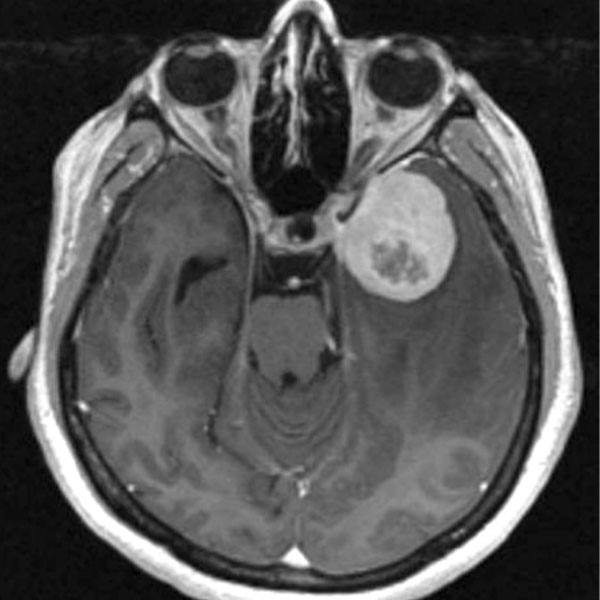-
Test Identifies Bone Marrow Transplant Patients Who Smoke, Helps Yield Better Outcomes
ROCHESTER, Minn. — Simply asking patients who are about to receive a bone marrow transplant whether or not they smoke may not prompt them to disclose their tobacco habit or to kick it, and smoking can lead to poorer outcomes after a transplant. Testing patients for traces of a chemical that tobacco leaves behind can identify smokers and open the door for physicians to help them quit, Mayo Clinic researchers say. Their study was presented April 14 at the Society of Behavioral Medicine Conference in New Orleans.

Bone marrow transplant patients can face serious consequences from tobacco use after a transplant, such as increased risk of death, complications requiring longer hospitalization and a higher likelihood of developing a secondary medical condition.
When asked, some patients say they don't use tobacco, yet tests show they have traces of cotinine in their blood – a metabolite of nicotine and the most commonly employed biochemical marker for tobacco. The researchers estimate that 35 to 44 percent of patients about to have a bone marrow transplant have recently used tobacco. Of those, 14 to 17 percent describe themselves as smokers before and after the transplant.
"Reasons for misclassification of smoking status among chronically ill smokers are unclear, but may be impacted by exposure to environmental tobacco smoke, use of nicotine replacement, societal pressure to be smoke-free and distress related to smoking status," says lead researcher Shawna Ehlers, Ph.D., a Mayo Clinic psychologist. "But as health care providers, we need to accurately identify every tobacco user, so we can ensure best patient outcomes and help people return home to their loved ones and the life they are fighting so hard to preserve."
Accurate identification of smoking or recent smoking behavior among patients before and after transplants provides a unique opportunity to help tobacco users quit and avoid relapses — also logical considering patients may be in the hospital for a long time and have better access to those programs.
Dr. Ehlers says physicians need to reassure patients that disclosing tobacco use is in their best interests and will be treated like any other risk factor.
"Until we treat all known risk factors, we are not providing best transplant care," she says.
Tests for cotinine can detect tobacco exposure over the last three to five days and can be collected from urine, blood or saliva. The accuracy of cotinine measures in identifying smoking behavior has been estimated to be greater than 90 percent.
While cotinine tests are accurate, getting the results does take more time and resources, Dr. Ehlers says. But helping transplant patients who smoke abandon the habit could give them the successful transplant outcomes they want and save money in the long run, she adds.
Richard Hurt, M.D., director of Mayo Clinic's Nicotine Dependence Center, says the research could have implications for patients receiving other procedures, and that this study and patient population is a good starting point.
"Stopping smoking clearly improves overall survival after bone marrow transplantation," Dr. Hurt says. "Providing treatment for identified smokers before the transplant should be the standard of care."
The study was funded by the National Institutes of Health and the Fraternal Order of Eagles Cancer Research Fund.
Media Contact: Nick Hanson, 507-284-5005 (days), newsbureau@mayo.edu







